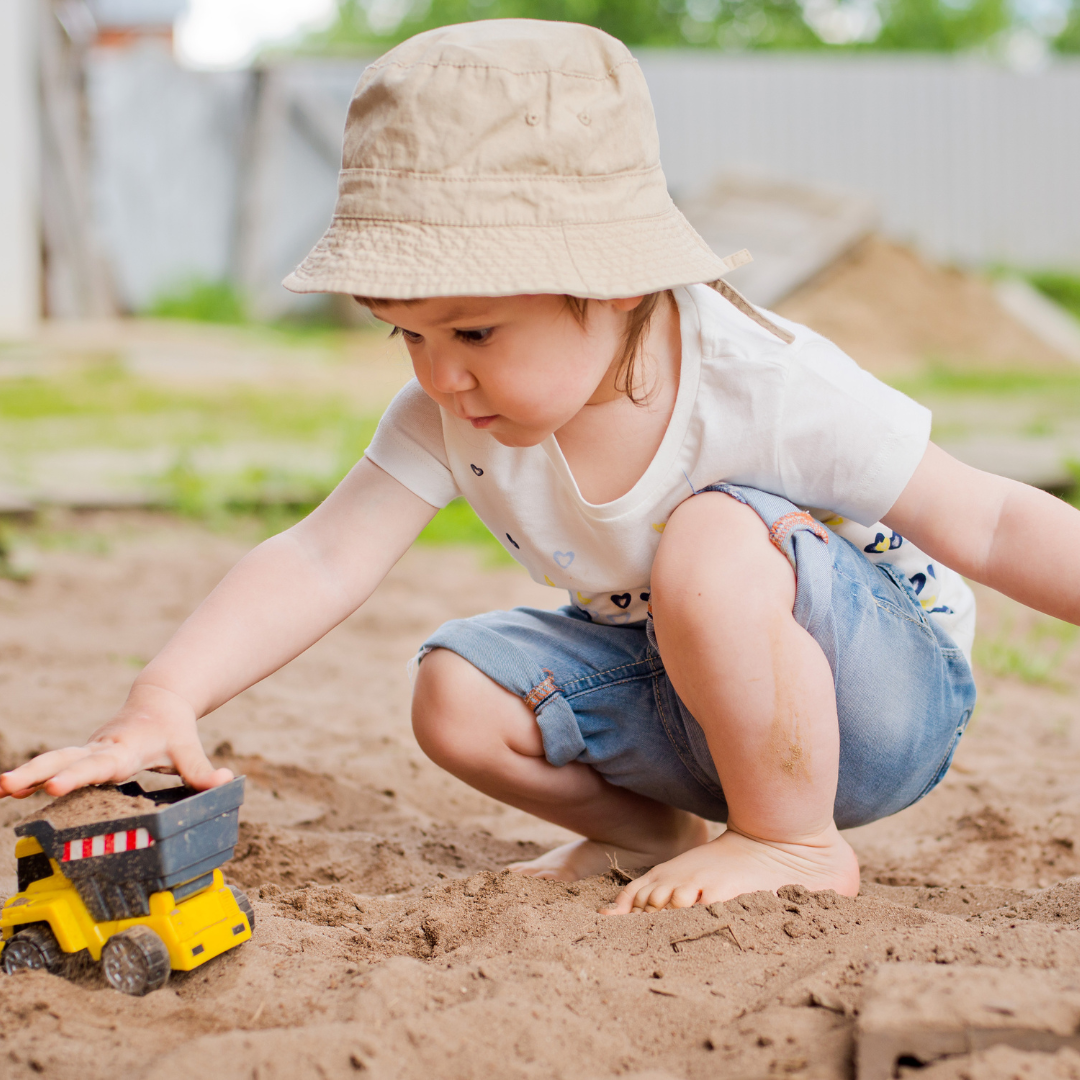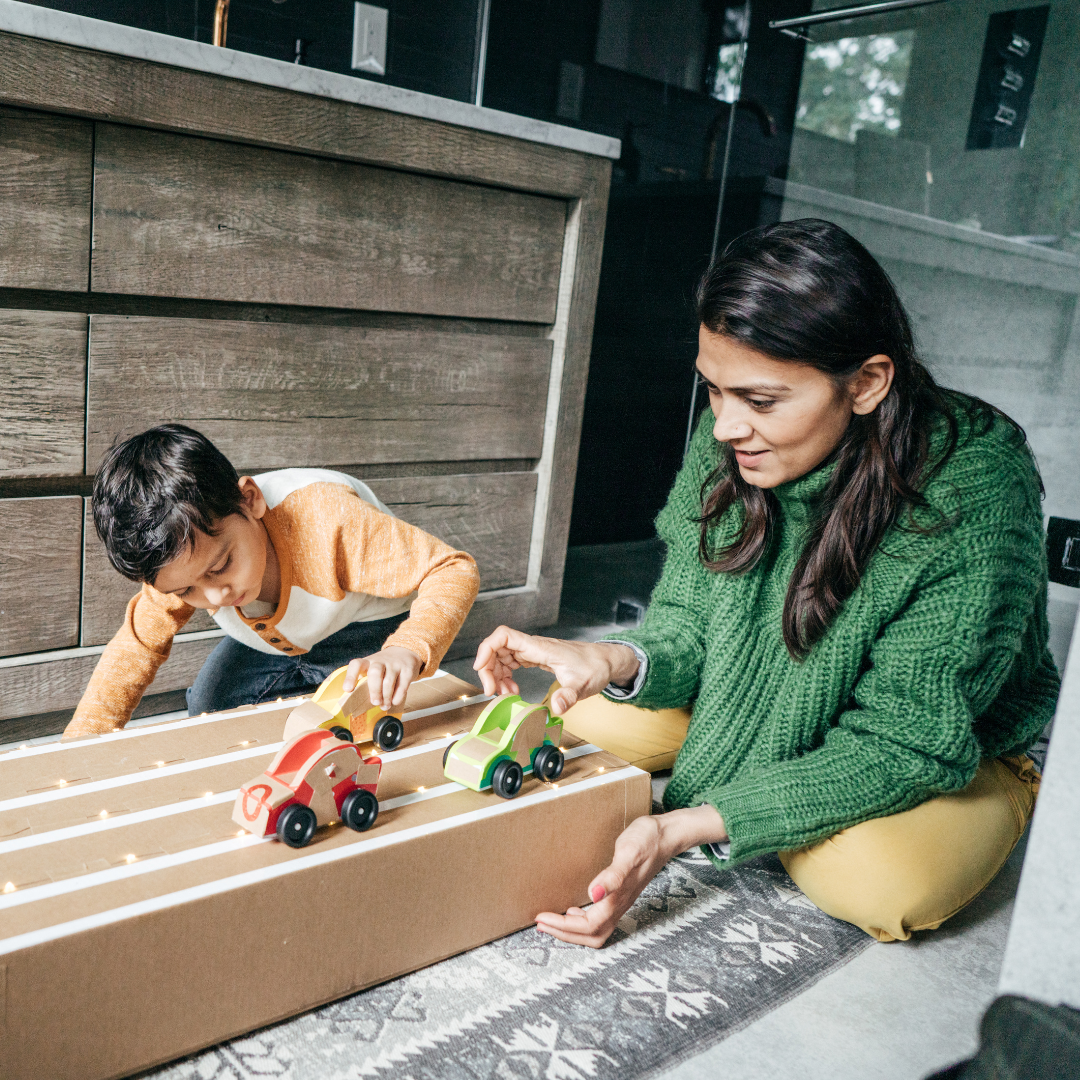As parents, we all want the best for our children. We enrol them in countless extracurricular activities, make sure they eat their vegetables, and encourage them to do well in school. But have you considered the importance of play in your child’s overall development?
Play is not just a fun pastime; it’s an essential part of your child’s lifestyle that contributes to their physical, social, emotional, and cognitive growth. In this blog post, we’ll explore why play should be a top priority for your little ones and how you can incorporate more of it into their daily routine.
Get ready to learn about the power of play!
What is Play?
Play is a critical part of a child’s development and growth. It allows children to explore their imaginations, try new things, and develop important social and physical skills. It also helps children to learn about taking turns, sharing, and cooperation. All of these skills are important in helping children to develop into well-rounded adults.
So why is play so important? Here are just a few reasons:
- Play helps children to develop physically. Running, jumping, climbing – all of these activities help to build strong muscles and bones.
- Play helps children to develop cognitively. Playing games, solving puzzles, and working on jigsaw puzzles all help children to think critically and develop problem-solving skills.
- Play helps children to develop socially and emotionally. Playing with others helps children to learn how to cooperate, share, and take turns. It also helps them to understand and express emotions in a healthy way.
- Play is simply fun! And it’s something that all kids need in their lives – a chance to have fun, be creative, and use their imaginations!
Benefits of Play for Children
When it comes to developing your child’s motor skills, cognitive abilities, and social skills, play is essential. Play allows children to use their imaginations while simultaneously improving their physical coordination.
Some additional benefits of play for children include:
- Enhanced problem-solving skills
- Improved language development
- Greater ability to express emotions
- Increased self-confidence
- Improved social skills
Different Types of Play
There are many different types of play that children can engage in. Some of the most common include:
Physical play:
This type of play involves using the body and can be either active or passive. Examples of physical play include running, climbing, jumping, dancing, and playing with balls or other toys.
Creative play:
This type of play involves using the imagination to create something new. It can be done alone or with others. Examples of creative play include drawing, painting, pretend play, and building with blocks or other materials.
Social play:
This type of play involves interacting with others. It can be done in person or online. Examples of social play include playing games, having conversations, and sharing stories.
Solitary play:
This type of play is done alone. It can involve any type of activity but is typically more low-key than other types of play. Examples of solitary play include reading, writing, listening to music, and working on puzzles.
Creative Ways to Encourage Play
One of the most important things you can do for your child is to encourage play. Play is essential for your child’s development and has many benefits. It allows your child to explore, be creative, use their imagination, and develop motor skills. It also helps your child learn social skills such as cooperation and sharing.
There are many ways you can encourage play. One way is to provide age-appropriate toys and materials. This will give your child the opportunity to explore and be creative. Another way is to set aside time each day for play.
This will give your child a chance to relax and have fun. You can also create a play area in your home that is safe and inviting. This will make it more likely that your child will want to play there. Make sure you are playing with your child yourself. This sets a good example and shows them that you value play just as much as they do!
Allowing Time for Unstructured Free Play
It’s no secret that children love to play. It’s how they learn about the world around them and explore their own interests and imaginations. But in today’s fast-paced, achievement-oriented society, there is often little time left for unstructured free play.
While it may seem like a luxury, free play is actually essential for your child’s development. It allows them to practice important life skills like problem-solving, cooperation, and negotiation. It also helps them to develop their fine and gross motor skills, as well as their creativity and imagination.
So make sure to carve out some time each day for your child to just play. It doesn’t have to be anything fancy or expensive – a simple cardboard box can provide hours of entertainment! And who knows, you might even enjoy watching them play too.
Parental Involvement in Play
Parental involvement in play is crucial to a child’s development. Through play, children learn to communicate, explore, and experiment. They also learn to resolve conflict and develop social skills.
Play provides an opportunity for parents to bond with their children and teach them important life lessons. It’s a chance to model positive behaviour, such as cooperation and sharing. And it’s a great way to get active and have fun together!
There are many ways parents can get involved in their child’s play. Here are some ideas:
Join in the fun!
Get down on the floor and play with your child. Not only will you be modelling positive behaviour, but you’ll also be building a strong relationship with your little one.
Encourage imagination and exploration.
Provide materials that spark your child’s creativity, such as crayons, clay, dress-up clothes, or puzzles. And don’t forget to praise your child’s efforts!
Get outside!
Fresh air and exercise are good for everyone. Visit the park, go for a walk, or ride bikes together.
Limit screen time.
Too much time spent in front of screens can lead to obesity and other health problems. Make sure your child is getting plenty of physical activity every day by setting limits on TV, video games, and other electronic devices.
Playtime is essential for children’s development and well-being. It allows them to explore, learn, develop their imaginations and express themselves freely. We have explored the different types of play that are beneficial for your child’s growth, as well as some tips on how to create a fun environment that encourages learning through play.
Additionally, we discussed why it is important to prioritize unstructured play opportunities that will challenge your child while having fun at the same time. By providing this type of stimulating environment for our children, we can ensure they grow up healthy and happy!




